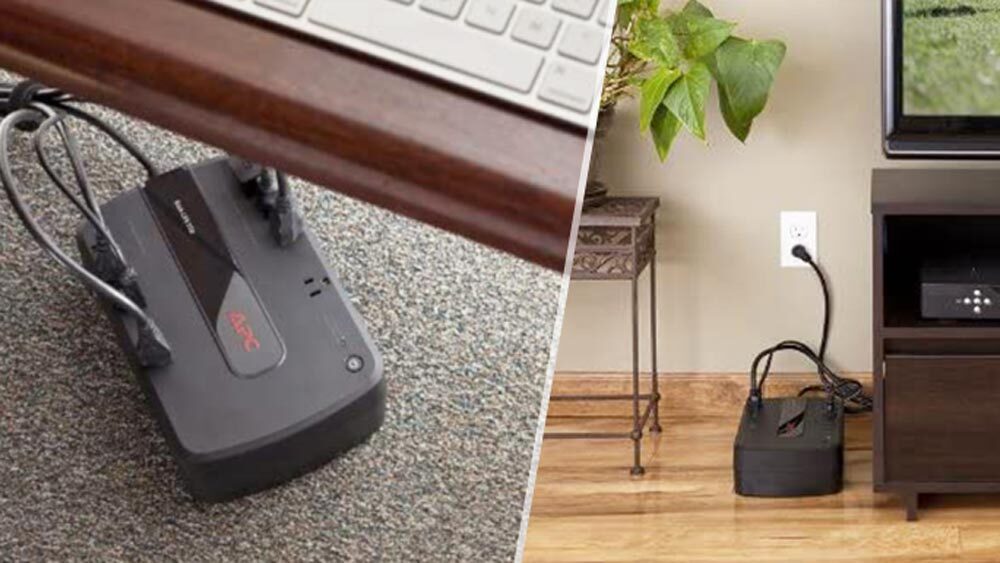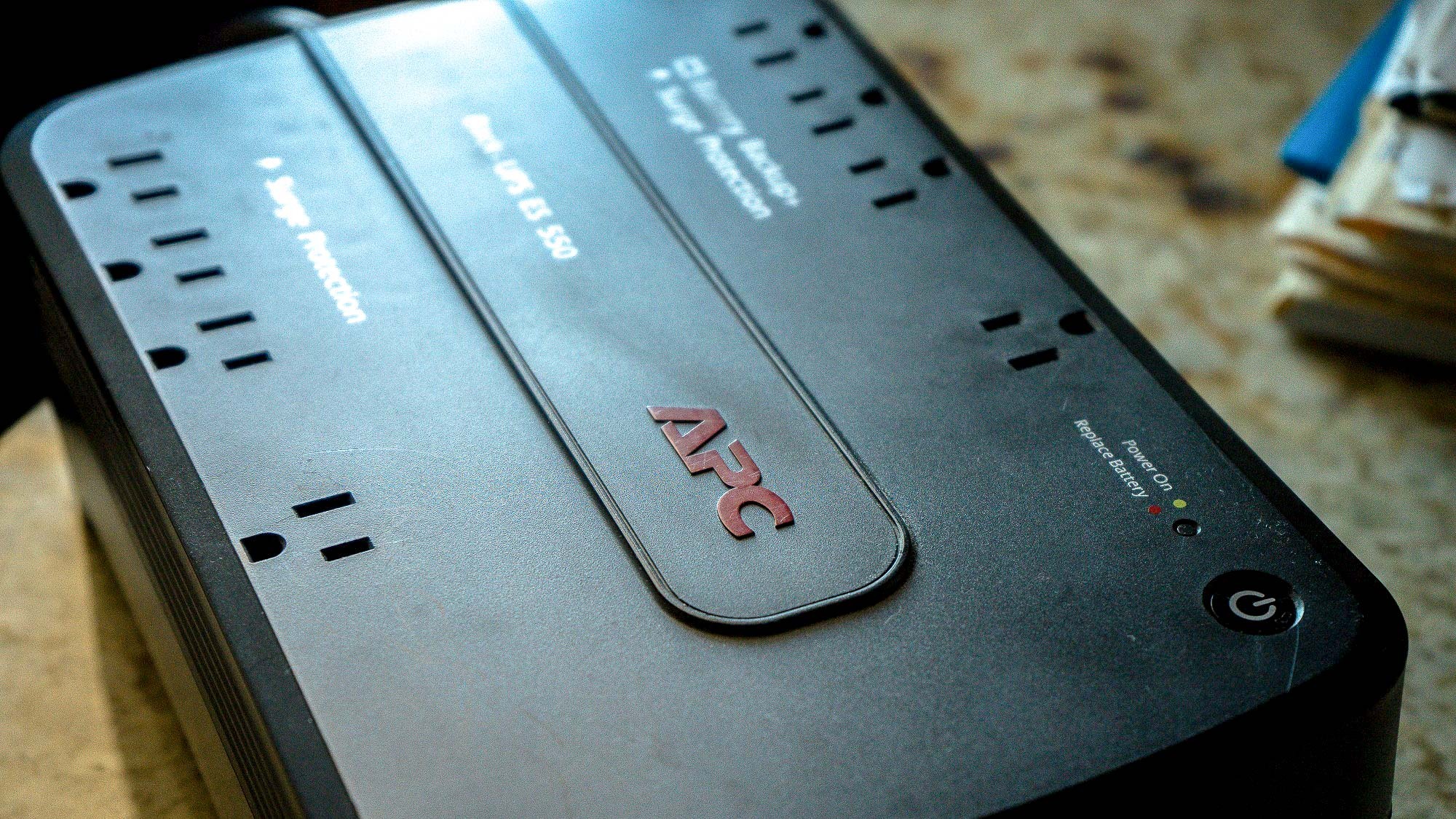
With the brunt of the Texas winter storm now passed, local officials and the federal regulators plan to investigate the massive electrical grid failure from the largest energy producing state in the country. But, it’s not just officials that will be doing a post mortem, so should homeowners.
After days of fluctuating electricity and no running water, one device proved to be critical in ensuring my devices stayed safe and connected to the outside world.
An uninterrupted power supply (UPS), also known as a battery backup, is essentially a power strip with a large battery inside. This device protects your electronics from random electrical spikes and power outages. Not only does it shield against surges, if the power ever does go out, the battery kicks in ensuring your devices don’t immediately shut off.
- Here are the best surge protectors
- Signal vs. Telegram, which one is best?
- Plus: Mars Perseverance has landed — what happens now?
A UPS is particularly useful if you’re working on something important on your computer. It can give you precious minutes to save your work, shut down your computer, and safely unplug. The surge protection will also protect critical components, such as power supplies, processors, and graphics cards.
The first day of the winter storm left my family and I without power for over 30 hours. When the power did come back on, I immediately took the time to charge phones and top-up battery banks. But I knew that the power would go out again. I decided to unplug my UPS’ from my PC and game consoles, and instead hooked both up to our modem and router. When the power did go out later that night, the UPS ensured that our internet connection stayed on for an extra hour.
That extra hour allowed us to check in on the news and keep track of our family and friends who were also dealing with the icy rain around the state. And of course, if we had beefier UPS’, we could continue browsing even longer.
My recommendation for anyone with a large set of expensive electronics, make sure all are connected to a UPS. Not only will it keep your devices safe, it can also prevent you from losing data.
Sign up to get the BEST of Tom's Guide direct to your inbox.
Get instant access to breaking news, the hottest reviews, great deals and helpful tips.
Get your own UPS
UPS’ aren’t cheap, but they're worth it. Many start at around $60, and go up from there depending on battery capacity. Not only that, quality varies. It’s important to buy one from a reputable brand, like APC or CyberPower. I use the APC Back-UPS ES 550, and the newer APC 550UA model is available from Amazon for $79.

Luckily, UPS’ are plentiful. Jumping on to Craigslist or Facebook Marketplace, it’s easy to find many offices selling older used UPS’ for really cheap prices. I’ve found some for as low as $20. The problem is most of these tend to not include the battery.
Even then, there are multiple companies that make UPS batteries. I personally order batteries from ExpertPower. The company creates good quality batteries and pairs it with excellent customer service. While ExpertPower’s batteries are available via Amazon, and are Prime eligible, I order directly so all my dollars go towards supporting the California-based company.
Of course, in the list of things to buy for emergencies, a UPS shouldn’t be at the top of the list. Having warm clothing, water and non-perishable foods should be at the top. And having a generator also isn’t a bad idea if you live in an area that’s affected by large climate events. But if you’re someone who values their electronics, making sure everything is connected to a UPS will ensure you’re covered.
- More: These are the best password managers to download
Imad is currently Senior Google and Internet Culture reporter for CNET, but until recently was News Editor at Tom's Guide. Hailing from Texas, Imad started his journalism career in 2013 and has amassed bylines with the New York Times, the Washington Post, ESPN, Wired and Men's Health Magazine, among others. Outside of work, you can find him sitting blankly in front of a Word document trying desperately to write the first pages of a new book.
-
rwzeitgeist I live in the Dallas, Texas, area and this week experienced numerous power outages lasting from a few minutes to almost a day. A small UPS kept all my networking equipment running for several hours into the long duration outages, and a big APC Smart-UPS 1500 kept a small server (a Gigabyte Brix with no moving parts) running through the entire series of outages. And like you, we charged our mobile devices from a UPS.Reply
For two nights we stayed with friends who never lost power. Before we left I connected a Wyze Cam to a UPS, pointed the camera at an area with a history of flooding, and turned on a light not connected to a UPS. By watching the camera from our friend's house I could tell when power failed because the light would be off, as well as see if a water leak began flooding the room. Fortunately we have, so far, found no leaks. Knowing when power returned and stayed on for over 8 hours helped us decide when to return home.
Obviously I consider UPS units essential for protecting critical equipment and for providing a source of power during extraordinary events.

